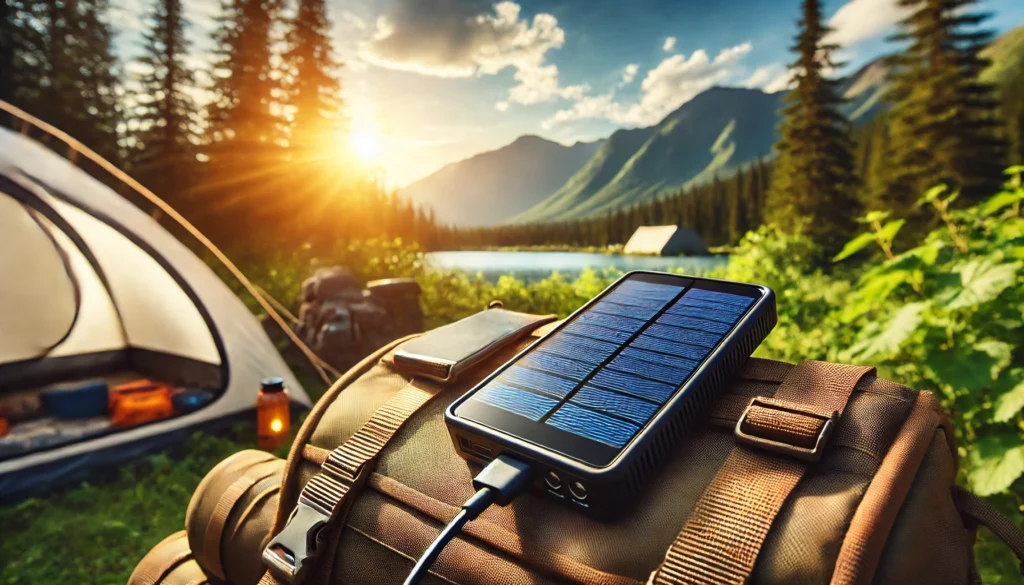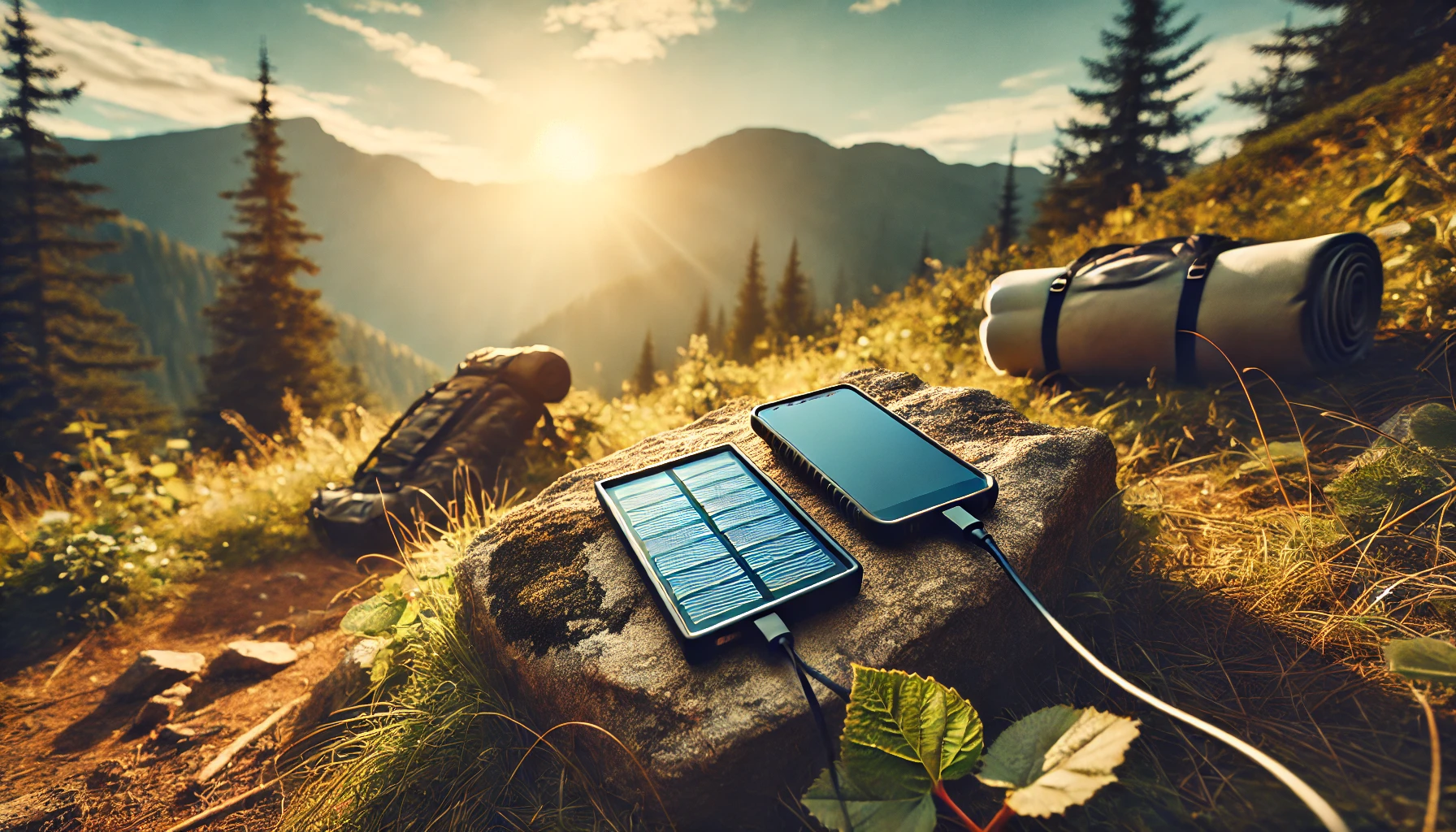
If you’re planning a hiking trip, camping getaway, or outdoor adventure, staying connected while off the grid is essential. Having a reliable portable solar charger is the perfect solution to keep your devices powered when you don’t have access to electricity. But with so many options on the market, how do you choose the best one? Here’s a detailed guide on how to pick the ideal portable solar charger for your outdoor adventures, along with some top product recommendations.
1. Assess the Charging Power (Wattage)
The wattage of a solar charger determines how quickly it can charge your devices. A higher wattage means faster charging times and the ability to power larger devices like tablets or laptops. For charging smartphones or smaller devices, a charger with 5-10 watts is usually sufficient. However, for powering multiple gadgets or larger electronics, you should look for chargers with at least 20 watts or more.
- Recommendation:
Anker 21W Dual USB Solar Charger – This compact charger delivers fast charging speeds and is great for simultaneously powering multiple devices.
2. Consider Portability and Size
When heading outdoors, you’ll want a solar charger that is lightweight and portable. Look for models that are foldable or designed to take up minimal space in your backpack. The portability of your charger can make a big difference, especially when traveling for extended periods.
- Tip: Foldable solar chargers are the most compact and convenient for travelers.
- Recommendation:
BigBlue 28W Solar Charger – Known for its efficiency and foldable design, this charger is highly portable and fits easily in most backpacks.
3. Look for Durability and Weather Resistance
Outdoor environments can be unpredictable, so your solar charger should be built to withstand harsh conditions. Choose a model that is waterproof, dustproof, and shock-resistant to ensure it holds up during your adventures. A high Ingress Protection (IP) rating, like IP65, ensures the charger is resistant to water and dust.
- Tip: For camping in unpredictable weather, opt for a solar charger with a high IP rating.
- Recommendation:
Goal Zero Nomad 10 Solar Panel – This highly durable solar charger is weatherproof, designed to withstand the elements while keeping your devices charged.
4. Evaluate Charging Speed and Efficiency
The efficiency of a solar charger is crucial for ensuring your devices get charged even in low-light or cloudy conditions. Look for chargers equipped with fast-charging technology or multiple USB ports, allowing you to power multiple devices at once without compromising on speed.
- Tip: A charger with smart technology ensures that your devices receive the right amount of power without overcharging.
- Recommendation:
Nekteck 21W Solar Charger – This fast-charging charger offers dual USB ports and smart technology, making it one of the most efficient chargers for outdoor use.
5. Check for Built-In Battery Storage
Some solar chargers come with built-in batteries that store power for later use, which is useful when sunlight is limited. This feature allows you to store energy and charge your devices even after the sun goes down. A built-in battery with a capacity of at least 10,000 mAh is ideal for multiple device charges.
- Recommendation:
RAVPower 24W Solar Charger – Known for its efficiency, this charger can quickly store energy in its built-in battery, providing backup power for your devices.
6. Ensure Device Compatibility
Make sure the solar charger is compatible with your devices. Most chargers come with standard USB ports, but if you need faster charging for modern gadgets, look for USB-C compatibility. Having the right ports for your devices ensures faster and safer charging.
- Tip: If you use newer devices, choose a charger that supports USB-C for faster charging.
- Recommendation:
X-DRAGON 40W Foldable Solar Charger – With multiple USB ports, including USB-C, this high-powered charger is ideal for charging laptops and other large devices.
7. Balance Price and Features
While higher wattage, durability, and advanced features may come at a higher price, there are many affordable options that provide excellent performance. Balance your budget with the features that are most important to you, whether it’s portability, speed, or weather resistance.
- Recommendation:
Anker 21W Dual USB Solar Charger – A well-rounded option that offers great features at an affordable price.
Conclusion
Choosing the best portable solar charger for your adventure depends on your specific needs and the type of devices you plan to charge. By considering factors like wattage, portability, durability, and charging speed, you’ll find the right solar charger to keep your gadgets powered up during any outdoor activity.
